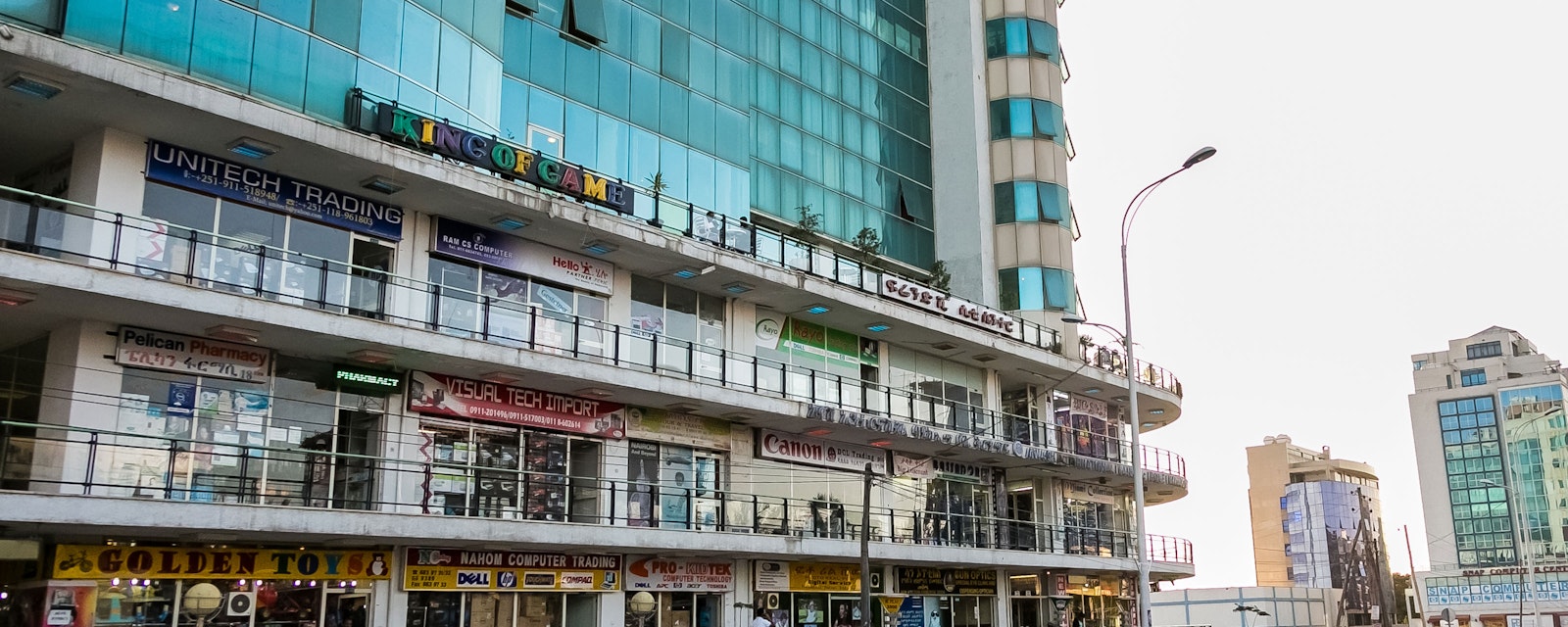In a surprise decision, the 36-member Executive Committee of the ruling Ethiopian People’s Revolutionary Democratic Front (EPRDF) approved sweeping and unprecedented economic reforms.
On 5 June, the EPRDF announced plans to open up the state-owned telecommunications sector and airline to private domestic and foreign investment. These reforms will also include transport and logistics companies and represent a major economic policy shift. They are an admission that the country’s current economic trajectory is not sustainable. The reforms represent a positive step towards dealing with a number of structural challenges the country faces from rising debt, FX shortages and high youth unemployment.
The economic reforms were announced on the same day as two other decisions that will likely improve the country’s stability outlook. Ethiopia’s parliament overwhelmingly passed and ratified the bill sent by cabinet to lift the state of emergency. Simultaneously, the authorities extended an olive branch to their long-time rival, Eritrea, announcing new initiatives in a bid to address the decades long conflict. The government stated it would fully accept and implement a peace deal that it had long rejected which would award disputed territories, including the controversial Badme area, to Eritrea.
Ethiopia will also look to hold talks, without any preconditions, in a bid to resolve the conflict. It remains to be seen whether Eritrea, in particular President Isaias Afwerki will respond in kind, given how he has managed to use the stalemate with Ethiopia to his benefit domestically, consolidating his power.
The unprecedented economic reforms are the clearest sign yet that Prime Minister Abiy Ahmed is serious about implementing structural changes to the country. The liberalization of key strategic sectors, including Ethio telecom, which is essentially a significant source of revenue for the EPRDF, is an admission that the country’s current economic policies are no longer sustainable.
The privatization drive will at least start easing the country’s foreign exchange crisis (reserves stood at USD 3.2bn in 2016-17FY). Additionally, by allowing private sector participation in state owned entities, the pressure to borrow will reduce, easing pressure on the government’s debt profile. In January, the IMF downgraded Ethiopia’s debt sustainability from moderate to high risk of external debt distress due to FX shortages, high debt servicing costs and limited export earnings.
Economic reforms have become existential considering that the public sector cannot absorb the growing workforce of nearly 100mn people. The PM is acutely aware that the population, particularly from disenfranchised areas like the Oromia, have high expectations for him to deliver. With youth unemployment and the lack of economic opportunities being one of several grievances that sparked the two-year anti-government protests, addressing the jobs challenge will be critical to Ahmed and by extension the EPRDF’s long-term survival. Without the reforms, Ahmed realizes that the protests and violence that was experienced in the Oromia region will become frequent and even more intense.




